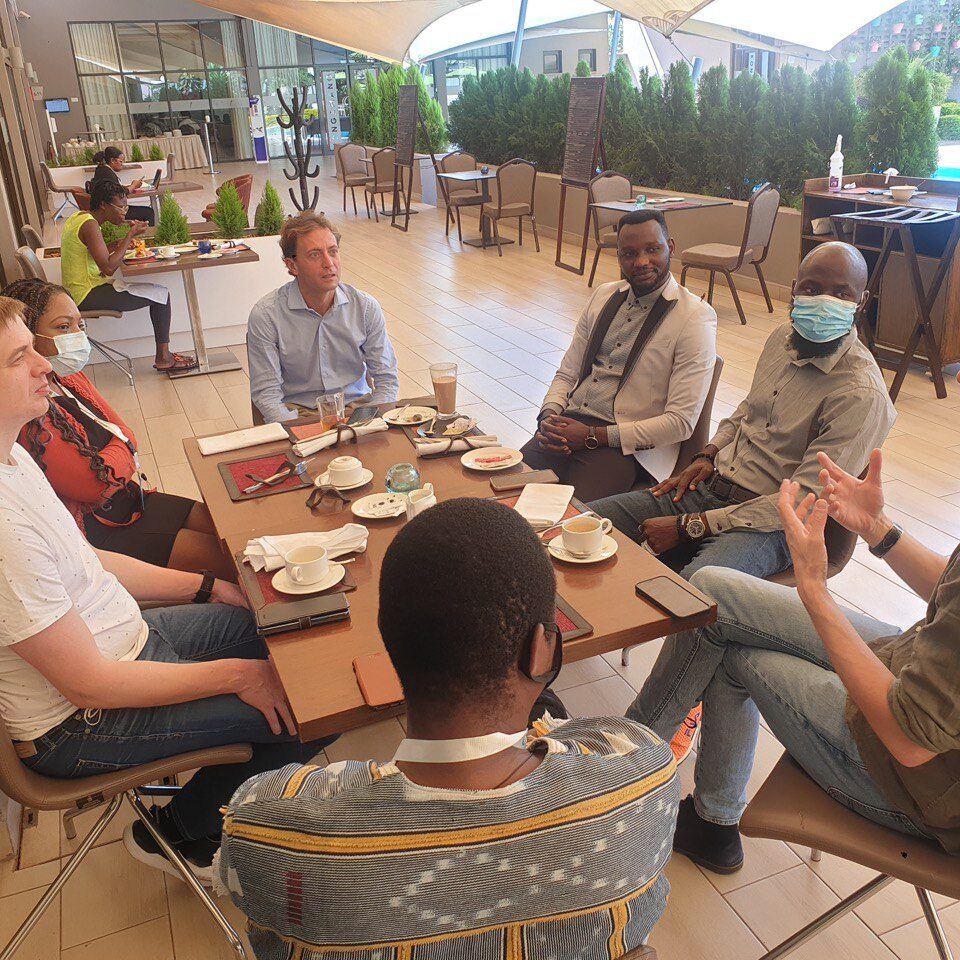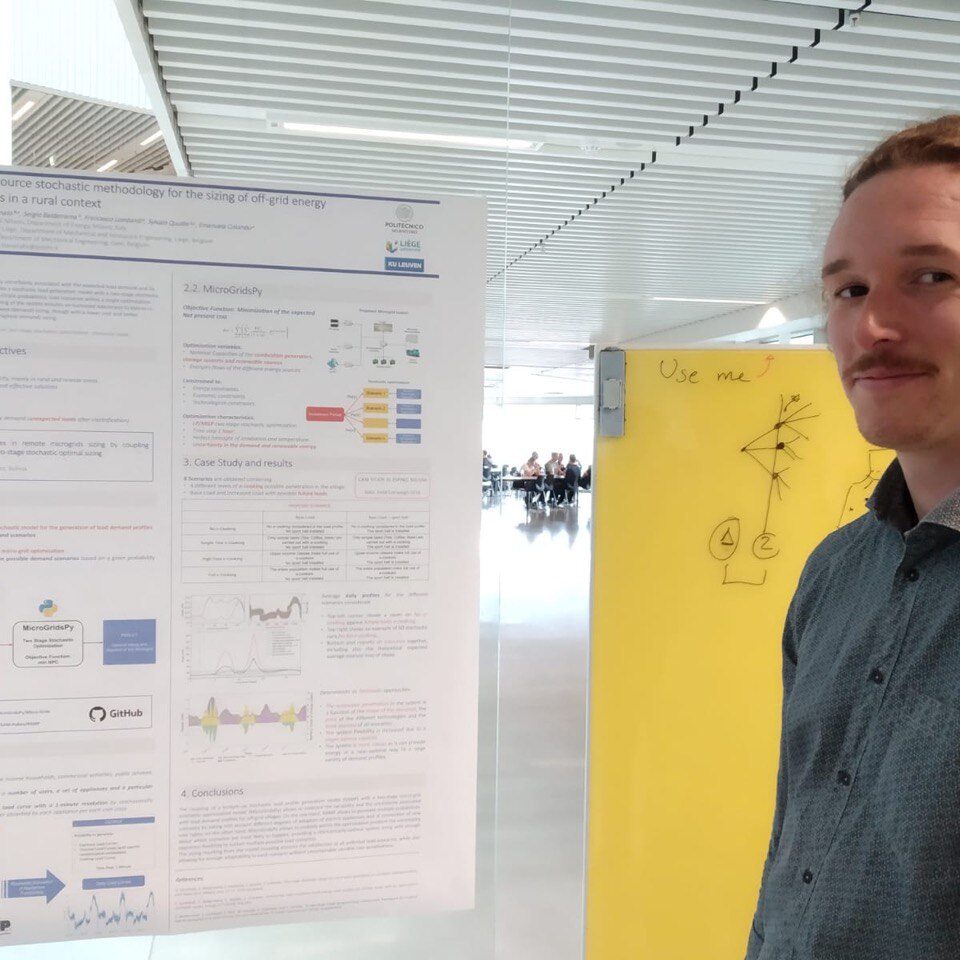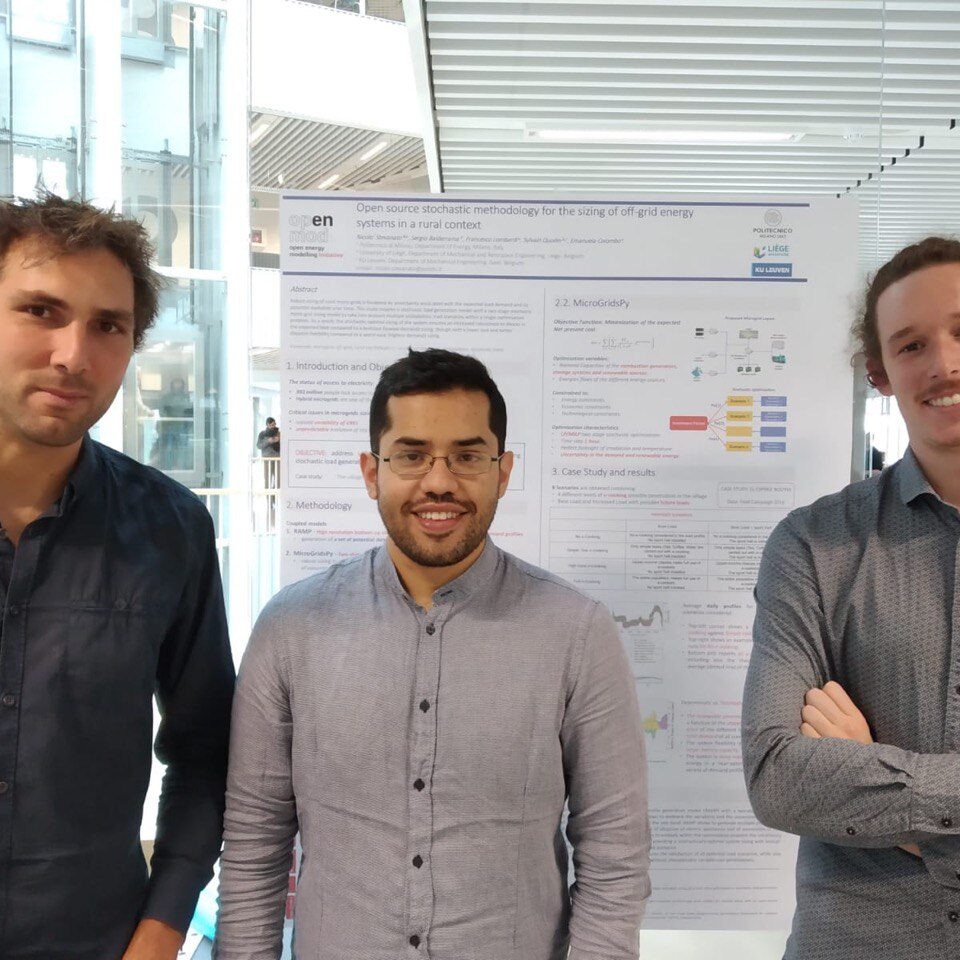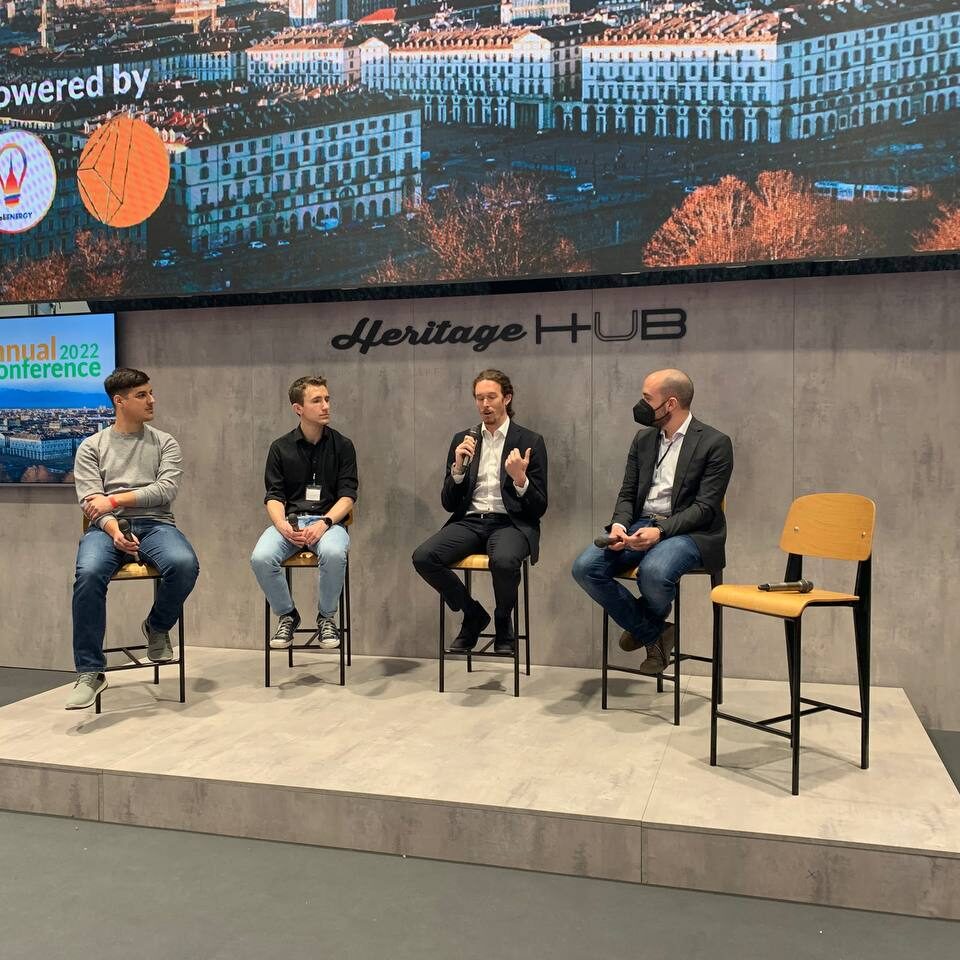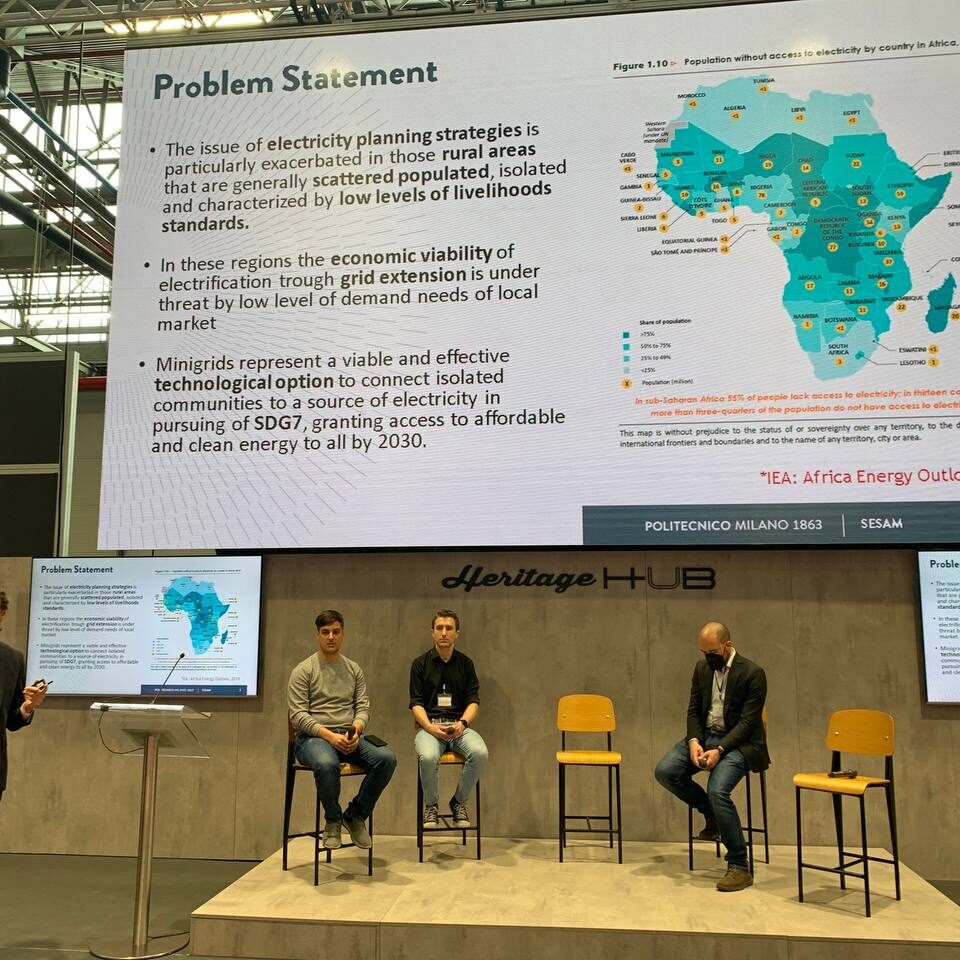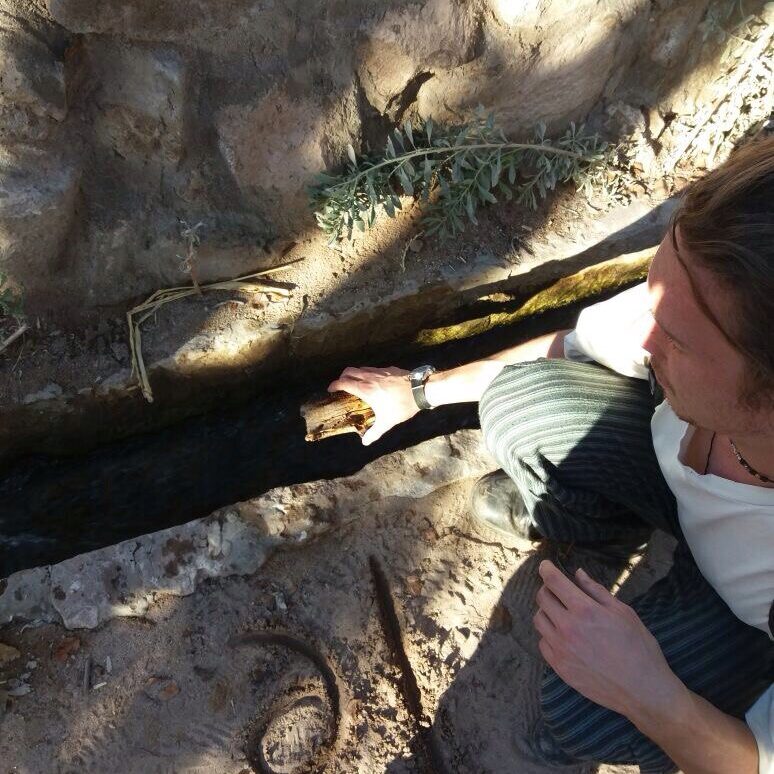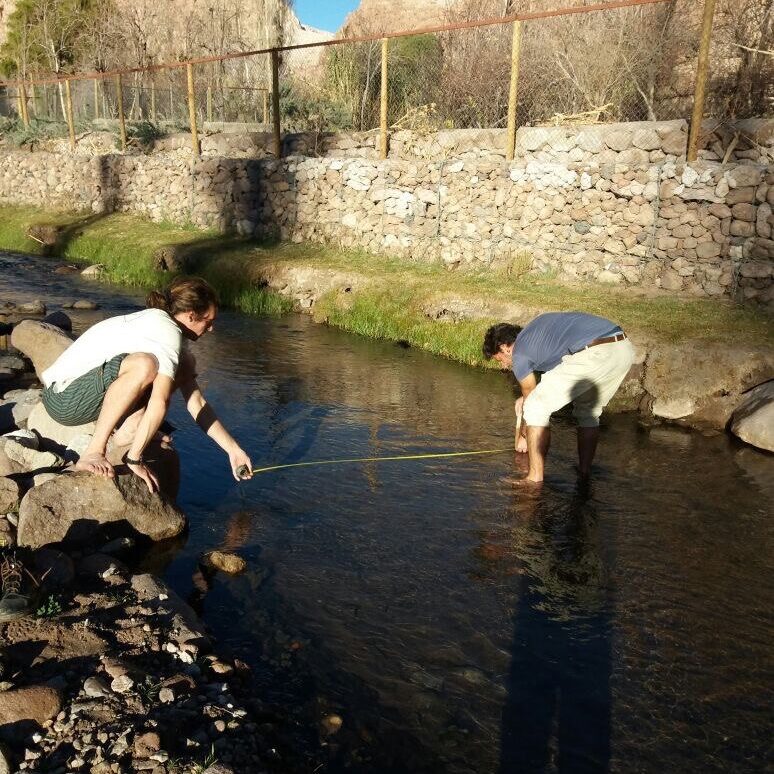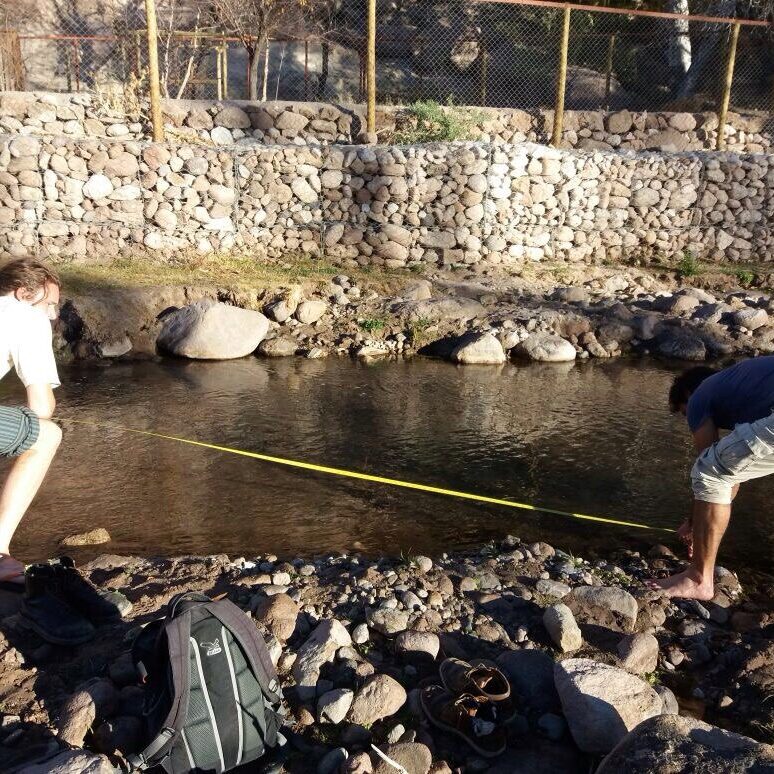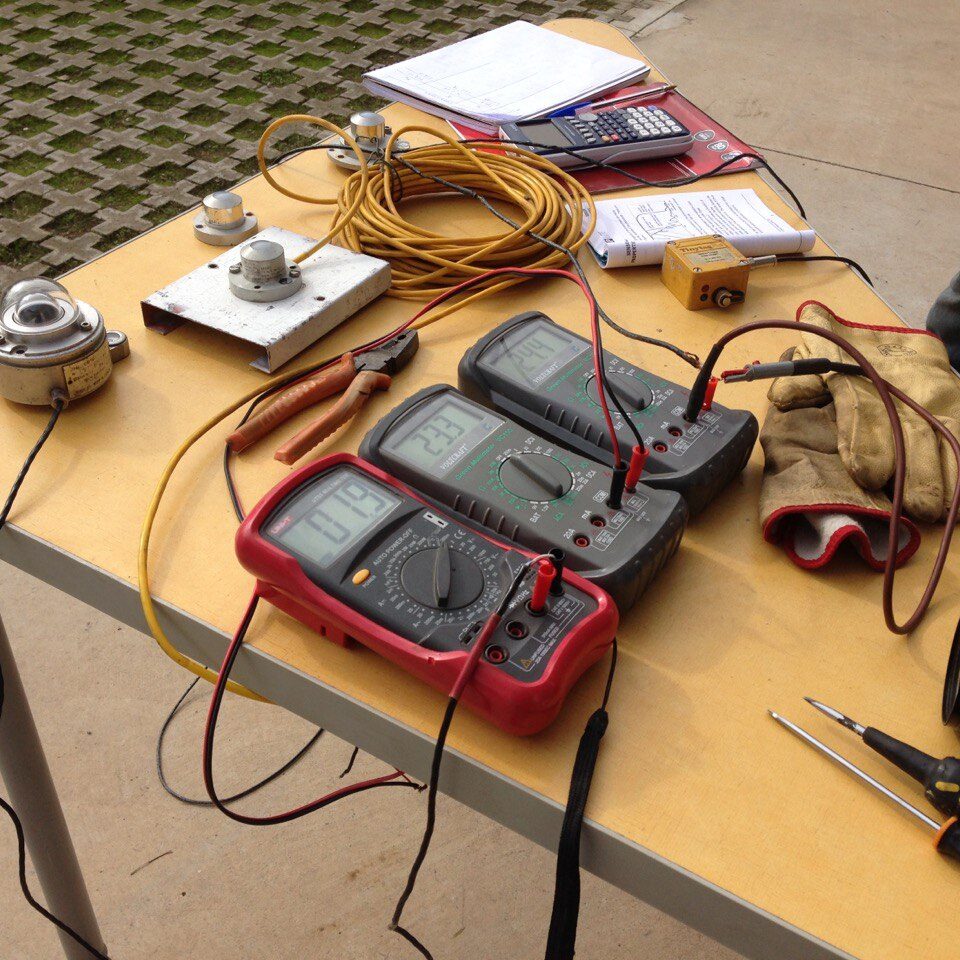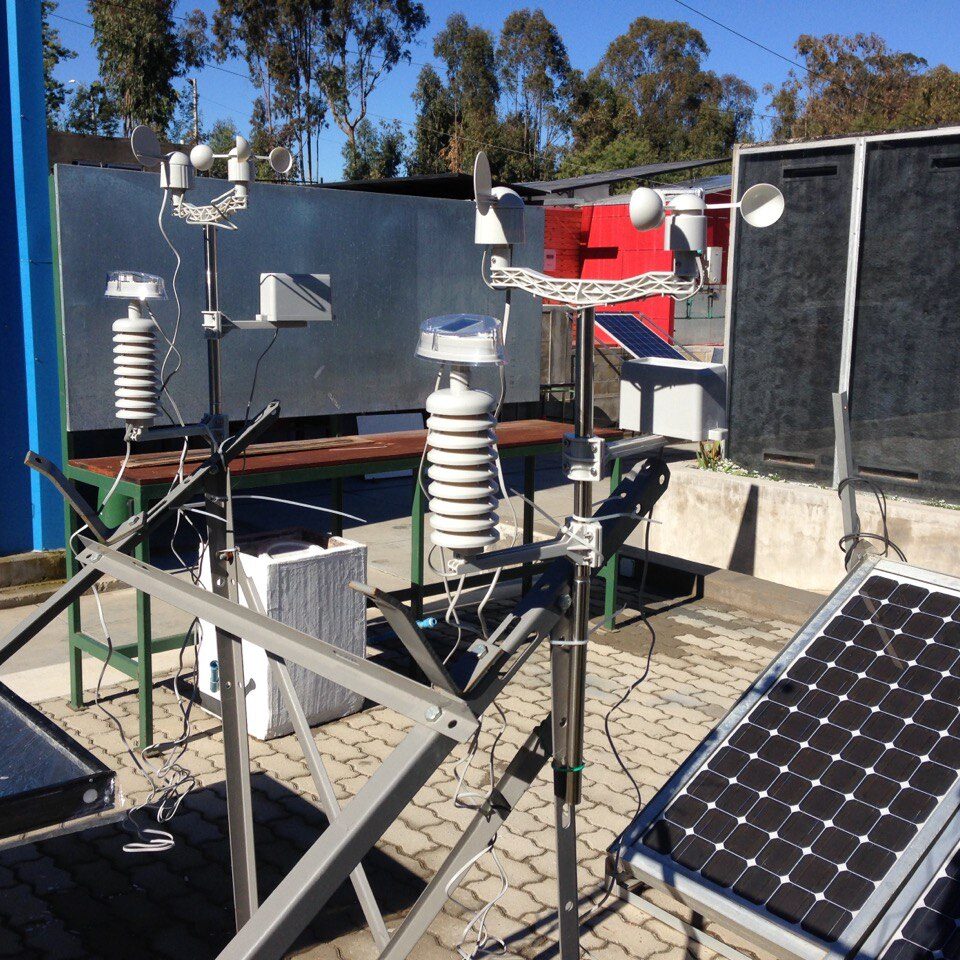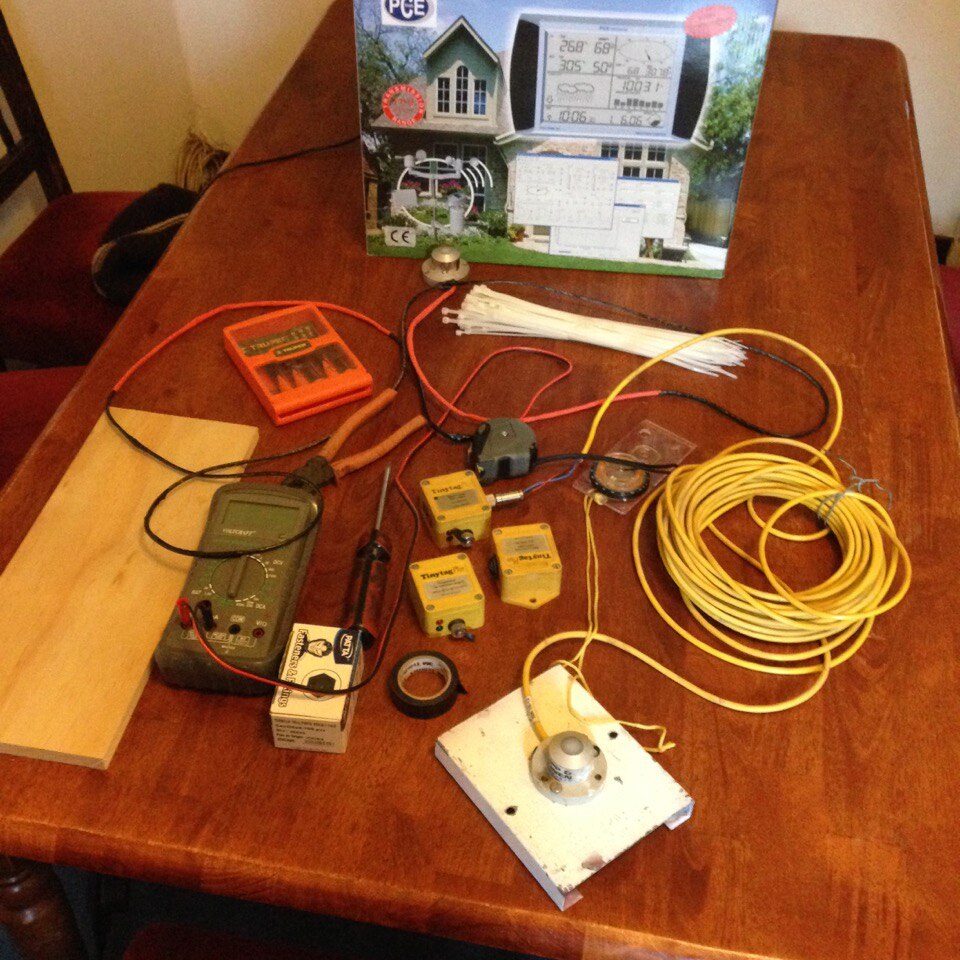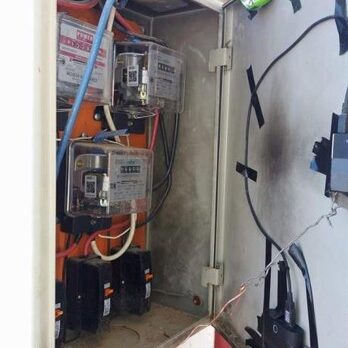Humanistic Engineer
Nicolò Stevanato
- Thesis title: Demand-Needs Nexus in Off-Grid Energy Planning, the undervalued driver of development
- PhD Tesi Supervisor: Emanuela Colombo
- Phd: STEN, 34° cycle (starting year 2019)
- M. Sc: 2018, Energy Engineering, (Power Production), Politecnico di Milano
- B. Sc: 2015, Energy Engineering, Politecnico di Milano
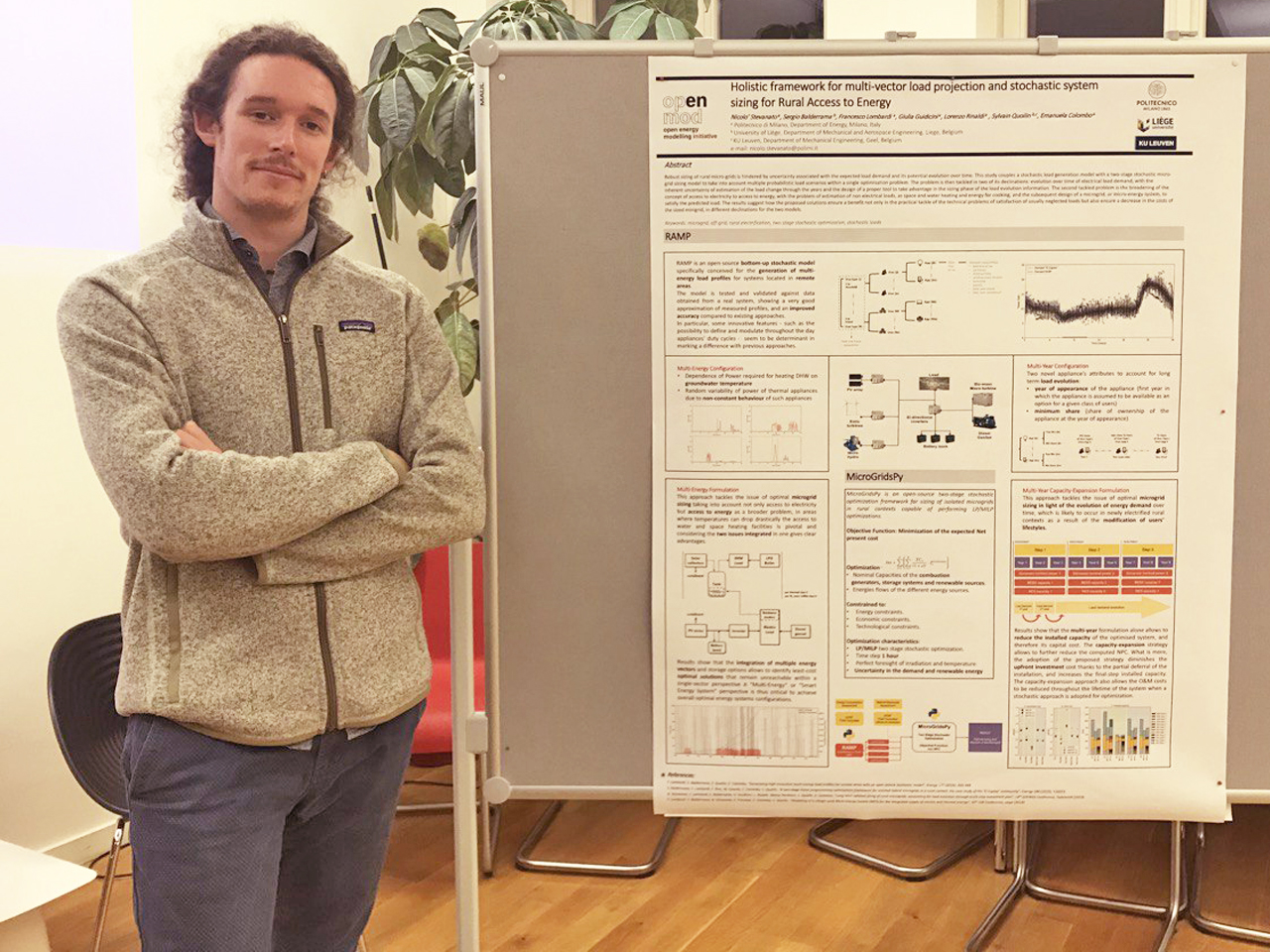
Tell us something to introduce yourself
My Name is Nicolò, I come from Veneto where I was born and raised in beautiful Verona. I now live in Milano since 2012 where I found an interesting environment to grow both personally and professionally. But still, every time I have the occasion, winter or summer, I escape the city to spend time in my beloved mountains.
Tell us about your research
In my research I deal with the issue of access to energy. It might seem incredible but almost one billion people today live without electricity in their homes, without being able, in turn, to access the most basic services, such as the possibility to study after daylight, to have access to basic health services or run simple commercial activities. My research investigates technological solutions to alleviate this problem, mainly through isolated energy systems (minigrids), disconnected from the main national grid, how to properly size them in terms of installed power, capacity of battery packs and maximization of social impact of the technology. Imagine how complex it is to size an energy system around the energy needs of a community that never experienced electricity before. My contribution lies in the development of a machine learning tool to properly estimate this latent demand, in order to properly size minigrids, granting the possibility of development avoiding oversizing or undersizing of technology.
What do you hope is the impact of your research?
The United Nations in 2015 issued 17 goals that humanity should pursue before 2030 to ensure sustainable development, the 7th consists in granting access to sustainable energy to all. My hope is that through my research I will contribute, with my small part, to the achievement of this goal, giving a tool to minigrids developers to better size their systems and to governments to better define their access to energy strategies. So that the energy transition that is so present in today’s public and governmental discussion, will be a just energy transition that leaves no one behind.
Why did you choose to start this experience and why did you choose Polimi? (Did your expectations have become reality?)
Right after my graduation I got offered a 1 year research fellowship at Polimi’s UNESCO Chair in Energy for Sustainable Development. At the time I was very confused about my professional future, the only two things I knew was that I really enjoyed developing my thesis on the sizing of an off-grid energy system in rural latin America, and that I wanted my future job to have an impact on humanity, rather than pursuing some purely economical goal. During that year I came in contact with the world of research, and its thousands different faces, and we can say that I was struck by its beauty. I have the luck to say that I really like my job, and Polimi proved to be a pretty cool environment to carry it on.
How would you describe this period of your life with three adjectives?
Confused, often during the research path you feel confused, lost, you are not sure that the idea you are pursuing makes sense or if you are using the right tools to investigate it. Fun, I find it incredibly fun to look the same problem from another perspective, take a breath and restart the reasoning with another point of view, it really helps finding the right way out of problems. Rewarding, it’s almost impossible to describe the joy that sparks to publish your first paper, but more then that, the joy of discussing with representatives from the private and public sector and understand that the problem you are studying is one the problems too, that you are on the right path and should you find a solution, it will have a real impact on the world we live in.
What are your plans after the end of the PhD?
I don’t know about any long term plans, but for the moment I am working on an European project in collaboration with the African Union which I am really passionate about, so I will stay in the academia for another couple of years at least, then we’ll see. I am not afraid of uncertainties, we could rather say that I tend to embrace it, leaving every door open.
Which advice would you give to new engineers that are pondering about PhD in Polimi?
It is really something that is difficult to understand a-priori, we could say that if you are really passionate about a subject, and you don’t mind to continue studying in your life, if you prefer to design your own path rather than pursuing specific tasks, than you could consider the PhD path. It’s really fun and gives a lot of satisfaction but is capable of making you feel extremely lost at some points when you enter a dead end road in your research. Professors at polimi are very open about discussing it, see if you manage to design with them your very own subject of study. And also, we phd students are always on for a beer and a word of advice in case you seek it.
Which personal experience (trip, meeting of a person, book, movie, etc..) mostly affected the way you see things?
Indeed it would be the year I spent in South America and the thesis project I developed there. It’s during that period that I realized that engineering is not only about the right turbine’s blade twist or boiler’s temperature (don’t get me wrong Energy Conversion is the subject I enjoyed more in the 5 years) but that the engineering knowledge that we have could be used for improving people’s life, to alleviate poverty and contribute to sustainable development. I came back from latin America with a new perspective on what I could do with the set of skills that Politecnico provided me with.
